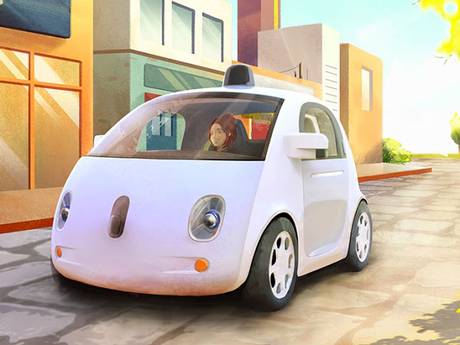Looking past the search results: Google 2.0 will 'build airports and cities' says report
Co-founder Larry Page is reportedly exploring long-term projects for the company' - including biometric identification and precise location tracking
Your support helps us to tell the story
From reproductive rights to climate change to Big Tech, The Independent is on the ground when the story is developing. Whether it's investigating the financials of Elon Musk's pro-Trump PAC or producing our latest documentary, 'The A Word', which shines a light on the American women fighting for reproductive rights, we know how important it is to parse out the facts from the messaging.
At such a critical moment in US history, we need reporters on the ground. Your donation allows us to keep sending journalists to speak to both sides of the story.
The Independent is trusted by Americans across the entire political spectrum. And unlike many other quality news outlets, we choose not to lock Americans out of our reporting and analysis with paywalls. We believe quality journalism should be available to everyone, paid for by those who can afford it.
Your support makes all the difference.Google’s seemingly limitless ambition has seen the company take on drones, self-driving cars and even the problem of aging, but the company’s founders have even grander plans – to build cities and airports.
A report from The Information (paywall) says the co-founder Larry Page has set up a ‘company within a company’ dubbed ‘Google 2.0’ that will look at the tech giant’s long-term future – presumably for when advertising revenue from search traffic (inevitably) dries up.
This could even include building “a model airport and city.” Page has argued that although rival billionaire Elon Musk might be in favour of a ‘hyperloop’ (a train concept that could travel from San Francisco to Los Angeles in 30 minutes), the problem with long-range transport is not that planes are slow, but that airports are inefficient.
It might sound far-fetched, but Google’s executives are already building their own private air terminal at San Jose International Airport for $82 million to handle the eight private jets owned by Page and fellow co-founders Sergey Brin and Eric Schmidt.

‘Google 2.0’ would also include the creation of a second research lab named Google Y – the counterpart to the Google X facility responsible for the company’s current moonshots.
Other projects outlined in the report are less grand but could prove to be just as influential – especially for consumers. These include location tracking that’s accurate “down to the inches” and reliable biometric information that could replace passwords.
However, as The Verge has pointed out, rival firm Apple has already been working on projects that fit these specifications: Beacons and Touch ID. Google may be leap-frogging the iPhone maker in terms of ambition, but in consumer-ready products it also has some catching up to do.
Join our commenting forum
Join thought-provoking conversations, follow other Independent readers and see their replies
Comments